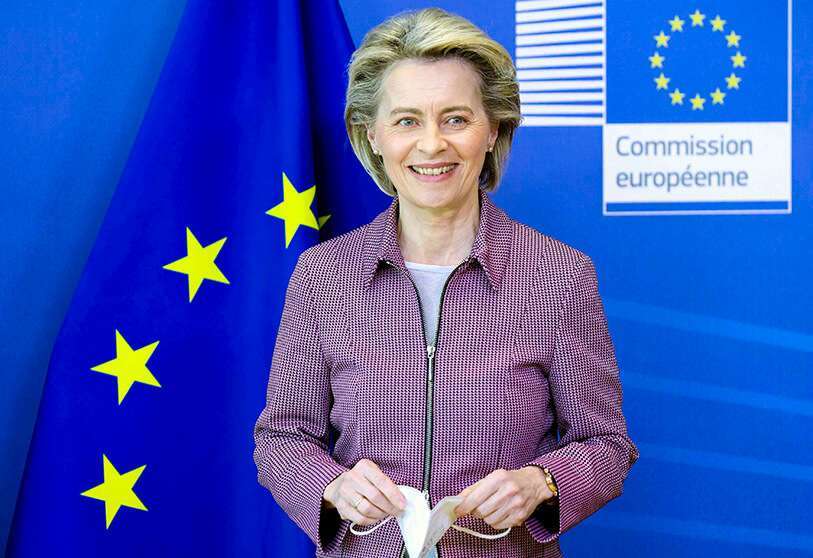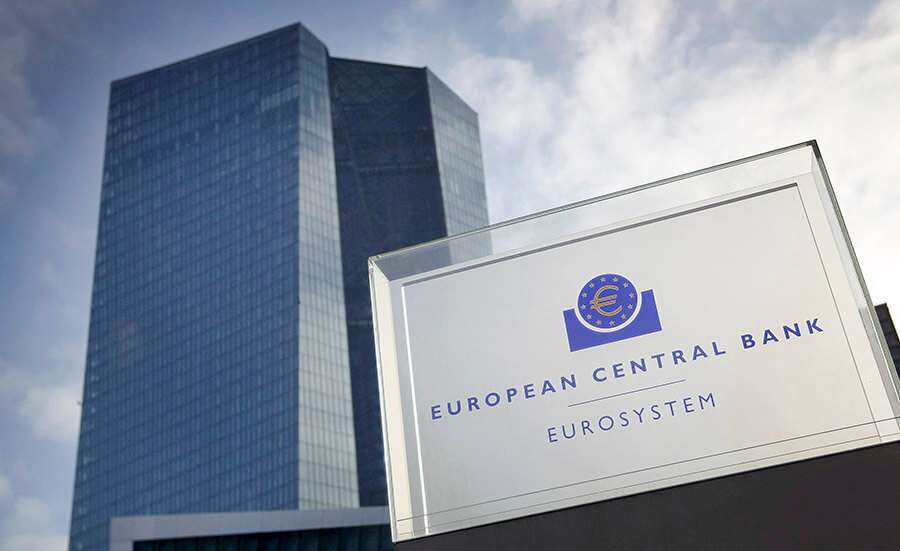Disagreement over federal progress at the heart of the Future of Europe Conference

The Conference on the Future of Europe stems from a proposal made by President Macron in 2019 at the Sorbonne University in Paris, where he innovated the process of reforming the European Union by proposing prior consultation with citizens and civil society before initiating the formal reform process through the European Convention and the Intergovernmental Conference, with the aim of bringing citizens closer to the political process.
This proposal was taken up by the President of the European Commission, Ursula von der Leyen, in her 16 July 2019 investiture speech to the European Parliament when she stated that "representatives of the institutions and of civil society" should be involved "on an equal footing and with strong involvement of young people". She further stated: "I am open to reform of the Treaties".
In the course of 2020, the Conference on the Future of Europe was convened for 9 May in Dubrovnik (Croatia). However, as a result of the COVID-19 pandemic and confinement, as well as the lack of agreement between the institutions, there was a one-year delay. Finally, on 10 March this year, twelve months later than planned, the Conference on the Future of Europe (CoFoE) was convened by the three presidents of the European institutions: the European Parliament, the European Commission and the Council of the Union.
In my opinion, the real problem in the delay was that the Member States did not accept the figure of Guy Verhofstadt MEP as president of the Conference on the Future of Europe, as they considered him to be too federalist. For this reason, and in order to overcome this stumbling block, the formula that has been implemented in the convocation is that there will be a tripartite presidency of the three presidents of the institutions, although, in practice, it will be an Executive Council that organises and directs the Conference on the Future of Europe.

In this respect, the Interinstitutional Declaration states that "an Executive Board will be set up, consisting of equal representation of the European Parliament, the Council and the European Commission, with three representatives and up to four observers per institution". This executive committee has already had several meetings: on Wednesday 24 March, Wednesday 7 April 2021 and Wednesday 21 April.
Despite the Member States' rejection of the MEP, he has been appointed one of the three representatives of the European Parliament on this Executive Board and therefore co-chair of the Executive Board. From the meetings of this Executive Council, and insofar as Guy Verhofstadt has been given the task of drawing up the Rules of Procedure of the Conference, it seems that, for the time being, he will lead the Executive Council and thus the Conference on the Future of Europe and its scope.
The Call is well structured in terms of the representation of the institutions, but, nevertheless, it lacks less generic references to how the representation of civil society and citizens will be articulated, despite the fact that these are the raison d'être of the Conference, i.e. listening to citizens and making joint proposals with the representatives of the institutions.
It should be remembered that, in recent months, the European Union, as a result of the pandemic, has adopted important measures involving federal progress such as the Recovery Plan and the European New Generations Fund, since the distribution of the fund is based on needs and not on an intergovernmental logic that would be based on the percentage of the population or GDP. This means that, of the 750 billion euros, Spain will receive 140 billion euros and Italy 210 billion euros because they are the countries that are suffering the most from the pandemic. While the Netherlands, which has a GDP similar to Spain's, will receive only 3.5 billion euros.
The way in which this financing is obtained is also federal, as it is done through a joint loan from the European Union as a whole, and not through the member states. The intervention of the European Central Bank has also been federal, releasing all the necessary funding at minuscule interest rates with hardly any quid pro quo. In the same vein, I also see as federal the near duplication of the Multiannual Financial Framework for the period 2021-2027 and the decisions on the purchase and distribution of vaccines.

In my opinion, the basic issue of the Conference on the Future of Europe that has already arisen, even before it has begun, is the question of the scope of its federal progress, since some Member States, by opposing Guy Verhofstadt, have wanted to put the brakes on this process before it has even begun. However, insofar as the Conference has to listen to and work with the citizens and civil society; and taking into account their positions and the approaches that have emerged from the latest Eurobarometers, we can understand that European citizens are in favour of consolidating the progress of a federal nature that has been made, and to which I have already referred, insofar as they are requesting a deepening in the field of social, fiscal, monetary, foreign policy, democratic quality competences....
Similarly, the recently approved Spanish External Action Strategy states on page 65 that: "It will promote a more federal European Union. To this end, the active implementation of the Recovery Plan for Europe and the new EU budget will be fundamental, as well as the completion of economic and monetary union, the promotion of social Europe and the European Green Pact, and coordinated border management. But Spain aspires to go further. The Conference on the Future of Europe offers a unique opportunity to make progress in this regard, and Spain aspires to play a fundamental, proactive and dynamic role in it".
We can therefore conclude with the words of Guy Verhofstadt himself, who said: "It is up to the citizens to decide what they expect from the European Union and how to make it happen. It is their Europe and their future, therefore, it is their Conference" and, therefore, it is not possible to establish, beforehand, limits to the federal advance that citizens are demanding, and the reform of the Treaties that, de facto, is being promoted in recent months through the initiatives mentioned above will have to be addressed.
Francisco Aldecoa Luzarraga
President of the Spanish Federal Council of the European Movement
Professor of International Relations at the UCM
Article previously published in the newspaper El País.
